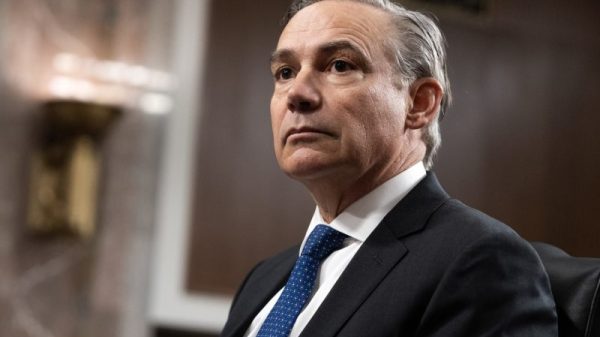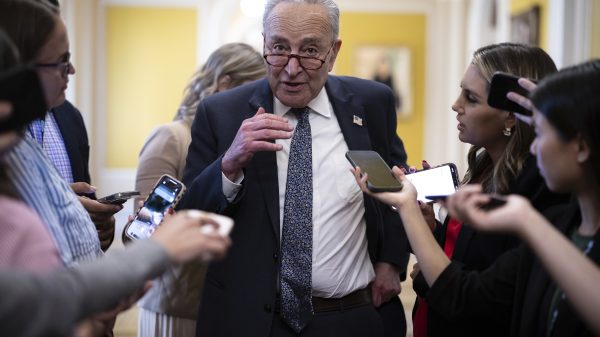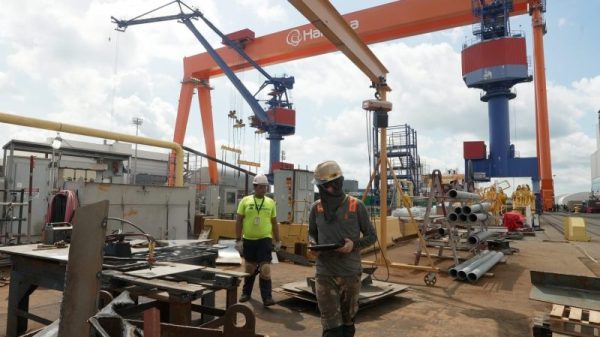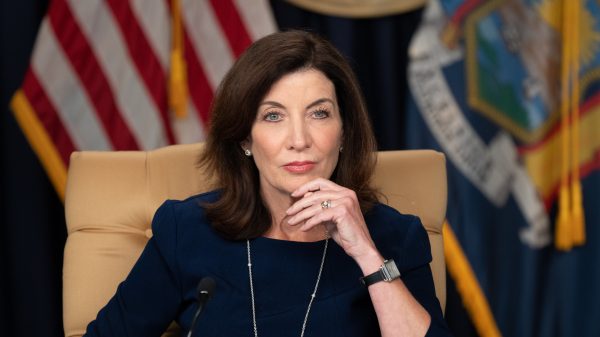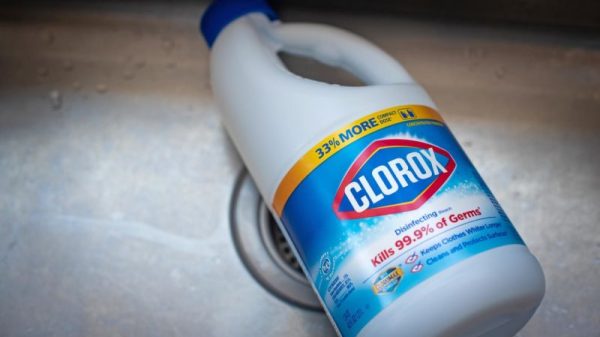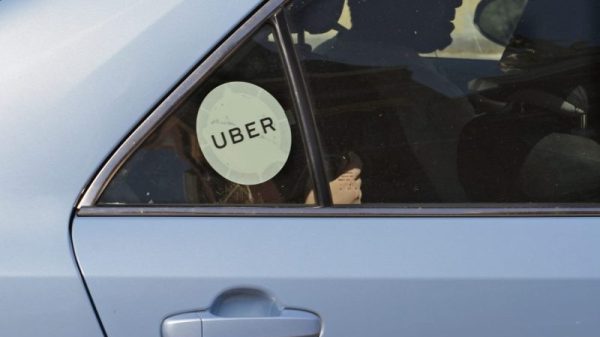Pat Leahy saw it coming.
In the throes of a 2007 scandal that seems quaint by modern standards, the then-Senate Judiciary chair issued a warning to all presidents: If you repeatedly sidestep the Senate to jam political loyalists into temporary U.S. attorney posts, you are violating the law. He was particularly concerned about “double dipping” — an effort by presidents to circumvent legal time limits on unconfirmed U.S. attorneys by creatively reshuffling personnel.
“It is not designed or intended to be used repeatedly for the same vacancy,” Leahy said at the time.
Fast forward to 2025: President Donald Trump and Attorney General Pam Bondi are seeking to shatter that check on presidential power, finding new ways to carry out the “double dipping” that Leahy warned against:
In Washington, D.C., after Trump’s initial pick Ed Martin failed to win Senate confirmation, Trump simply appointed a second interim prosecutor, Jeanine Pirro, to a successive 120-day slot.
In northern New York and Los Angeles, Bondi maneuvered to put Trump’s expiring U.S. attorney picks into “acting” roles that would give them another 210 days on the job without Senate confirmation.
And in New Jersey, the Justice Department went nuclear after district court judges appointed a career prosecutor to replace Trump’s favored pick, Alina Habba, as temporary U.S. attorney — a power the courts have had since the Civil War. An aggressive effort to keep Habba in place has already disrupted a handful of criminal cases in New Jersey.
With a largely compliant, Republican-led Congress, Trump has faced minimal pushback. But the campaign presages battles to come, particularly in blue states where Democratic senators still wield significant sway over who can be confirmed as permanent U.S. attorneys.
It’s the latest expression of Trump’s effort to shrug off traditional constraints on presidential power and relegate Congress to bystander or cheerleader. And it was a concern that animated Congress’ decision to pass the 2007 law checking the president’s power to unilaterally install U.S. attorneys in the first place.
A Justice Department spokesperson said the moves by Trump and Bondi to reshuffle U.S. attorneys are rooted in a pair of federal laws creating “separate mechanisms” to appoint different types of temporary office-holders. Those statutes, however, don’t speak to whether presidents and attorneys general can deploy those mechanisms in back-to-back succession.
POLITICO caught up with Leahy, who’s living a peaceful retirement in Vermont, and asked about recent developments in the U.S. attorney saga. His main message: The Senate needs to stand up for itself and its power of “advice and consent” for all officers of the federal government.
“No senator should have to go back home and have people say why the heck did you let this person come in as a U.S. attorney,” the former Democratic senator said. “Republicans and Democrats agreed with me on that, that we had to have some say in the matter. We can’t tell the president who to appoint. But we can certainly tell them who not to appoint for our states.”
Habba’s case, in particular, may test whether that longstanding history can outweigh the gravitational force of a president intent on rejecting it.
“The Senate seems to have forgotten that it’s an independent body,” Leahy lamented, “and if it fails to act that way, the Senate suffers but the country suffers.”






